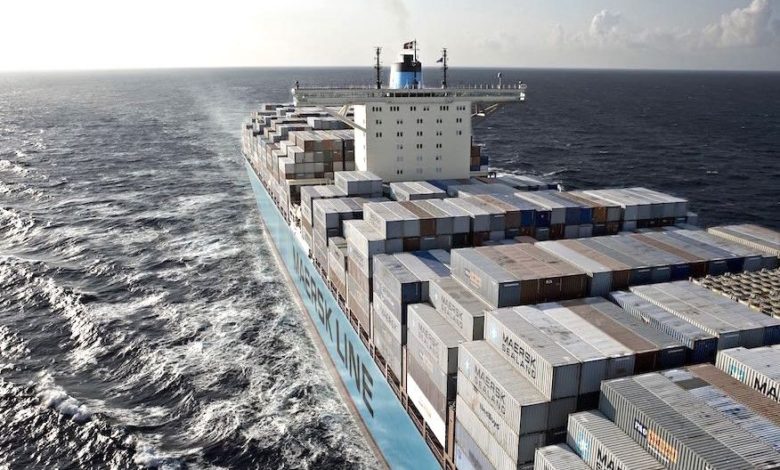Maersk Mc-Kinney Moller Center for Zero Carbon Shipping opens in Copenhagen

The Maersk Mc-Kinney Moller Center for Zero Carbon Shipping was opened today in Copenhagen, featuring some of the biggest names in maritime as its backers.
The center, which will be a non-profit organisation, set up as a commercial foundation with a charitable purpose, has been made possible by a startup donation of DKK400m ($60m) by the A.P. Moller Foundation. The center has seven founding partners: A.P. Moller–Maersk, ABS, Cargill, MAN Energy Solutions, Mitsubishi Heavy Industries, Nippon Yusen Kaisha and Siemens.
The Copenhagen foundation comes at a time where Maersk and Denmark are leading much of the agenda in terms of shipping decarbonisation in recent years.
Chairman of the board in the A.P. Møller Foundation, Ane Uggla commented: “My father, Mærsk Mc-Kinney Møller was a visionary leader in the global shipping industry for more than seven decades. He was concerned about shipping’s impact on the environment… Therefore, I find it very natural that my father’s name will be connected to the center.”
As an independent research center, the Copenhagen organisation will work across the entire shipping sector with industry, academia and authorities. A highly specialised, cross-disciplinary team will collaborate globally to create overviews of decarbonisation pathways, accelerate the development of selected decarbonising fuels and powering technologies, and support the establishment of regulatory, financial and commercial means to enable transformation. To define the strategic direction of the center, a board of directors is being established. Søren Skou, CEO of A.P. Møller – Mærsk, has been confirmed as a board member. Additional members of the board of directors will be announced soon.
Skou commented today: “This joint initiative will fast-track the maturation of solutions and strengthen the basis for decision making among industry players and regulators and hence accelerate investments and implementation of new technologies.”
The center will have a management board, which will be headed by Bo Cerup-Simonsen as CEO of the center.
Decarbonisation requires a holistic approach looking at the complete supply chain from well to wake. No technology or company can do this alone
The founding partners will donate expert people resources and/or testing platforms to support operations. The center expects to attract several more partner companies in the future.
During the first two to three years the center will recruit around 100 employees to the Copenhagen-based office and collaborate with new partners across the globe. The founding partner companies have committed one-third of the needed staff, the remaining two-thirds will be recruited independently.
Jan Dieleman, business leader for Cargill’s ocean transportation business, commented: “Up until now there has been extensive discussion about decarbonising shipping and zero carbon fuels, but no real capacity to execute the necessary research, analysis and development to move forward. The generous funding offered by the A.P. Moller Foundation, combined with access to knowledge, technical expertise and networks across the entire shipping value chain that Cargill and the other founding partners will contribute, will provide that capacity to drive execution and accelerate progress.”
Brian Østergaard Sørensen, a vice president at MAN Energy Solutions, said: “Decarbonisation will be one of the largest transitions that we will see within the maritime industry for years and requires a holistic approach looking at the complete supply chain from well to wake. No technology or company can do this alone which is why we need to join forces across the supply chain to meet this challenge.”

Is there a danger that the ship based issues will be addressed in isolation from any land based cargo handling and land transport> Inter-modal is a bit of a give-away in terms of the traffic category. Bulk minerals and some liquids and gases also need to be moved by rail, road, barge or coastal shipping. Just focusing on the long haul sea passages may not provide the full picture. In relative terms shipping is a low footprint industry but totally dependent on liquid hydrocarbons for propulsion. Other fuels come with cost , safety and technical issues on storage, handling and bunkering. Wind and solar are intermittent. Micro-nuclear comes with a whole range of other concerns but might be a credible option if the equipment can be downsized to the equivalent of current engines.